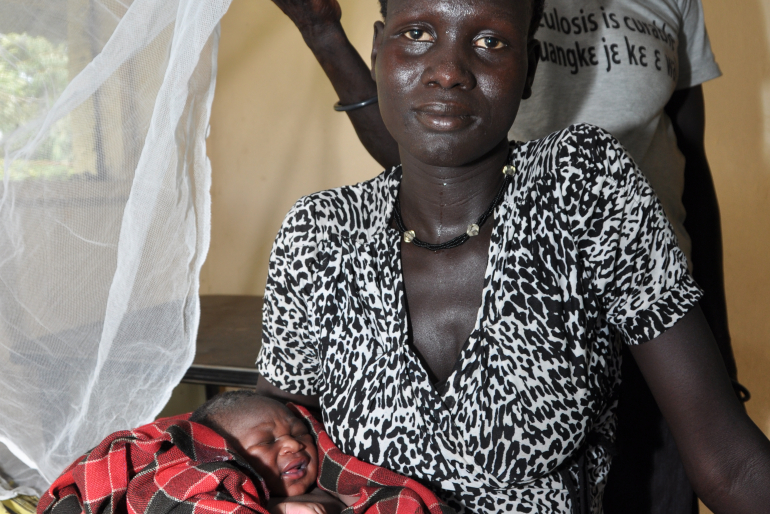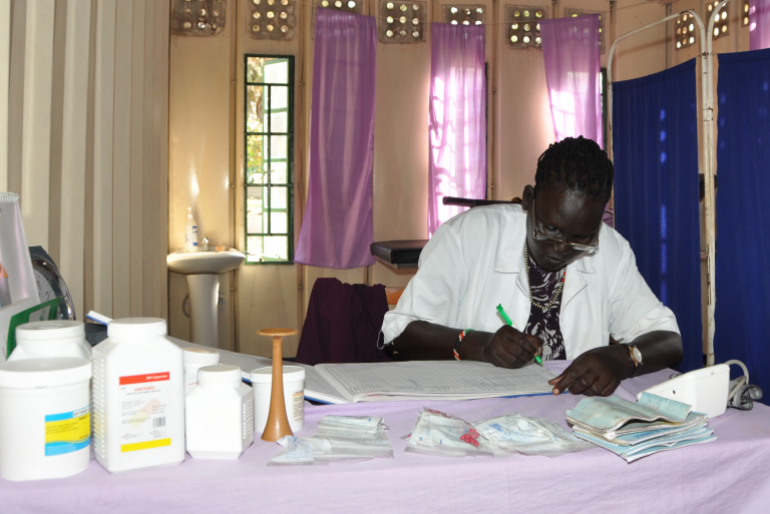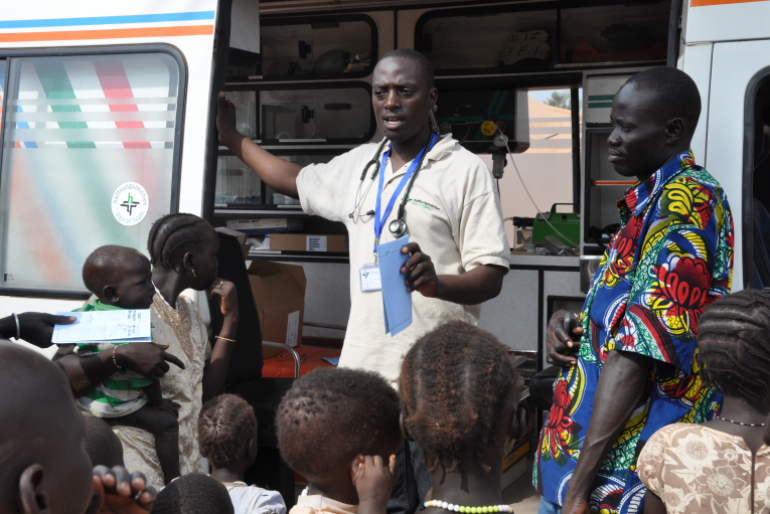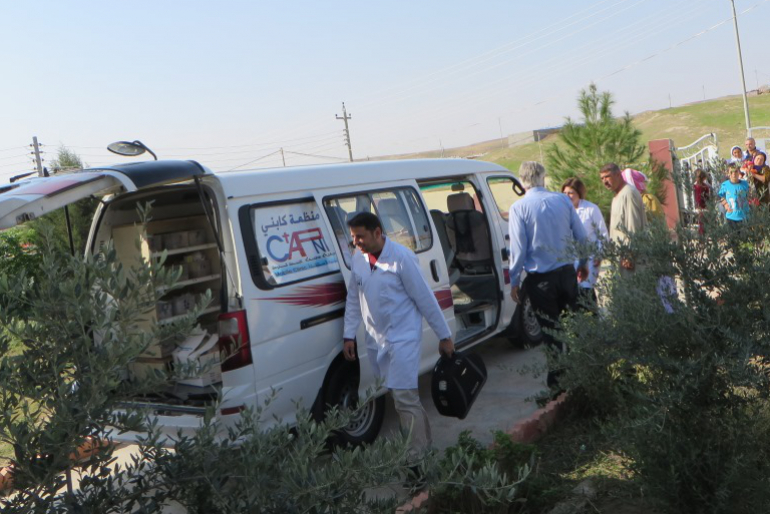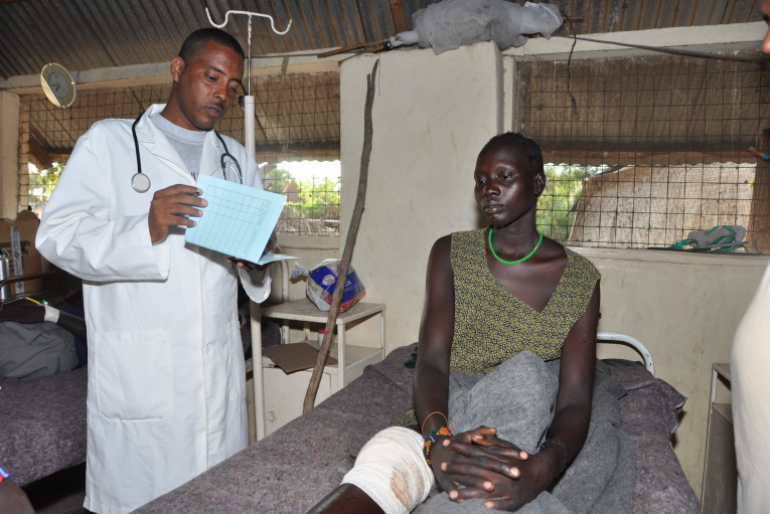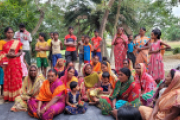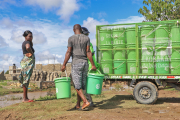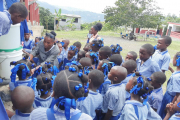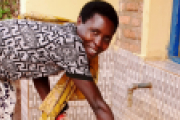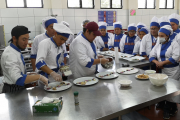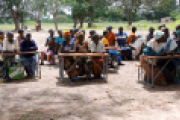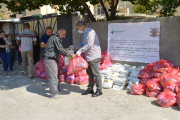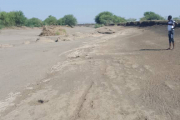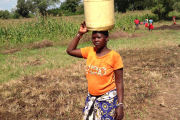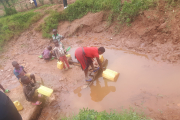Every human being has a right to health and medical care. But in many parts of the world, neither is a given. Access to hospitals and doctors is often unaffordable - if available at all. Poor people in particular continue to die from the consequences of preventable diseases, and children and women in particular are at risk of high mortality rates. In South Sudan, for example, the average life expectancy is only 57 years.
Where government health care structures are lacking, people rely on help from other actors. However, many people can no more afford expensive private clinics than they can transport to distant locations. Therefore, there are different approaches to bring the vital help to the people. Basic health clinics, for example, require a manageable inventory and focus on treating the most common diseases, mother-child health and preventive measures such as vaccinations. These facilities, of which Sign of Hope has already established and operated several, can create a medical standard in the long term that can also be carried on by the local population through knowledge transfer.
For acute emergencies, e.g. in crisis areas, mobile clinics can also be set up to provide medical services to people in a particular area for a limited period.
An important aspect of health work represents not only the provision of medicines and treatment of symptoms, but also education about diseases and how to prevent them. This area is closely related to hygiene and sanitation, which can prevent many diseases from occurring in the first place. Equally significant is education, which provides an understanding of interrelationships and promotes personal responsibility.


 Donate now
Donate now
